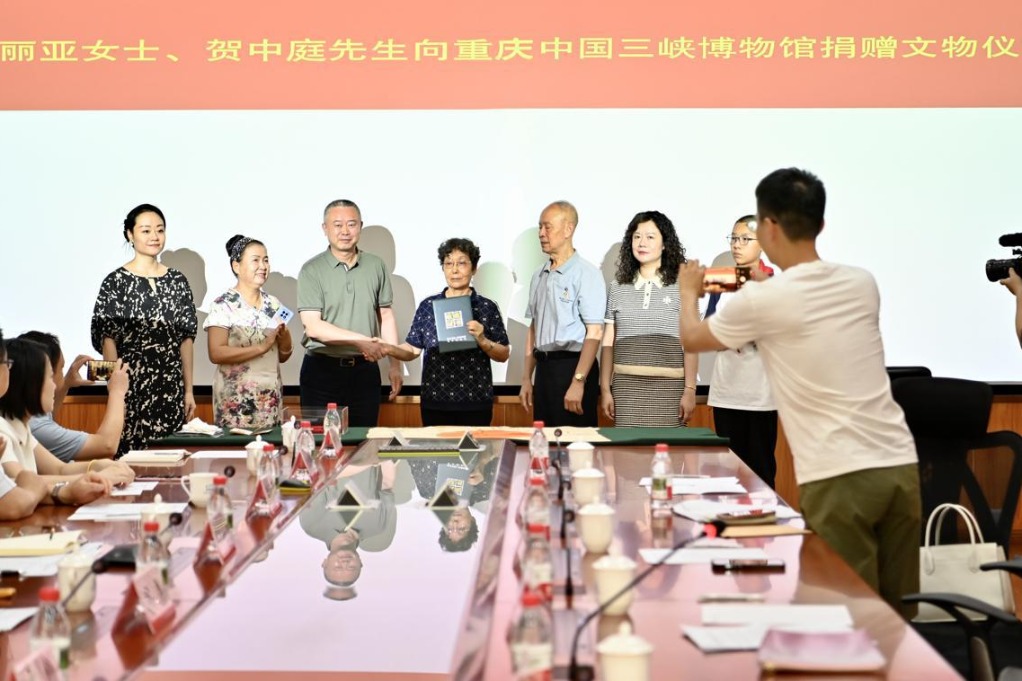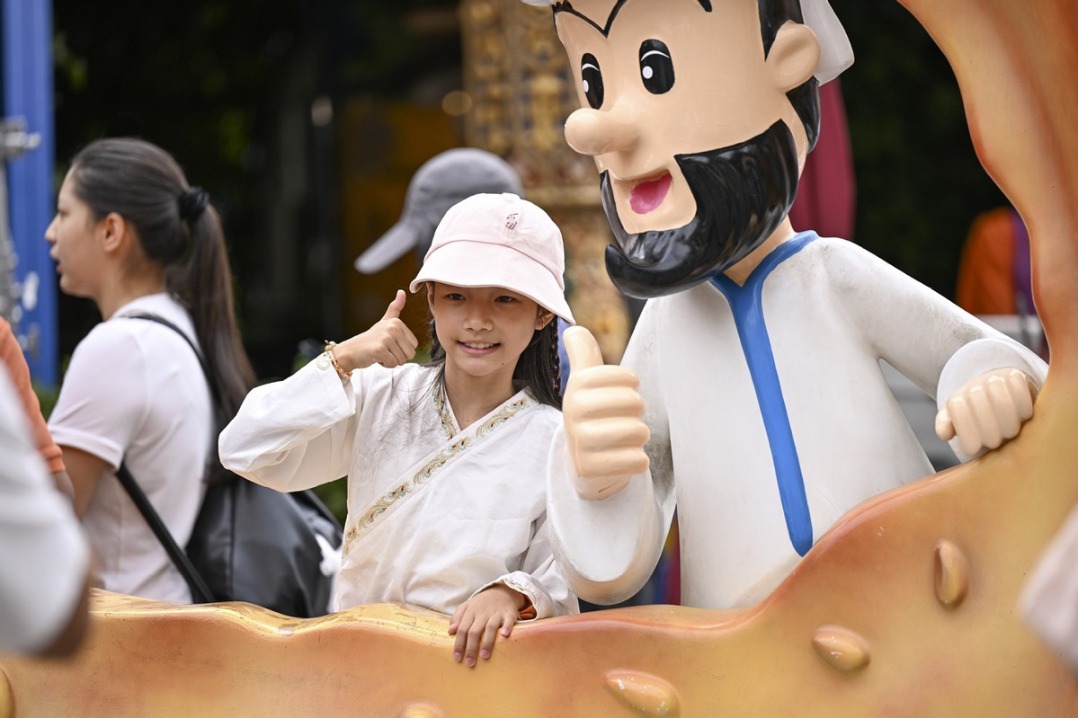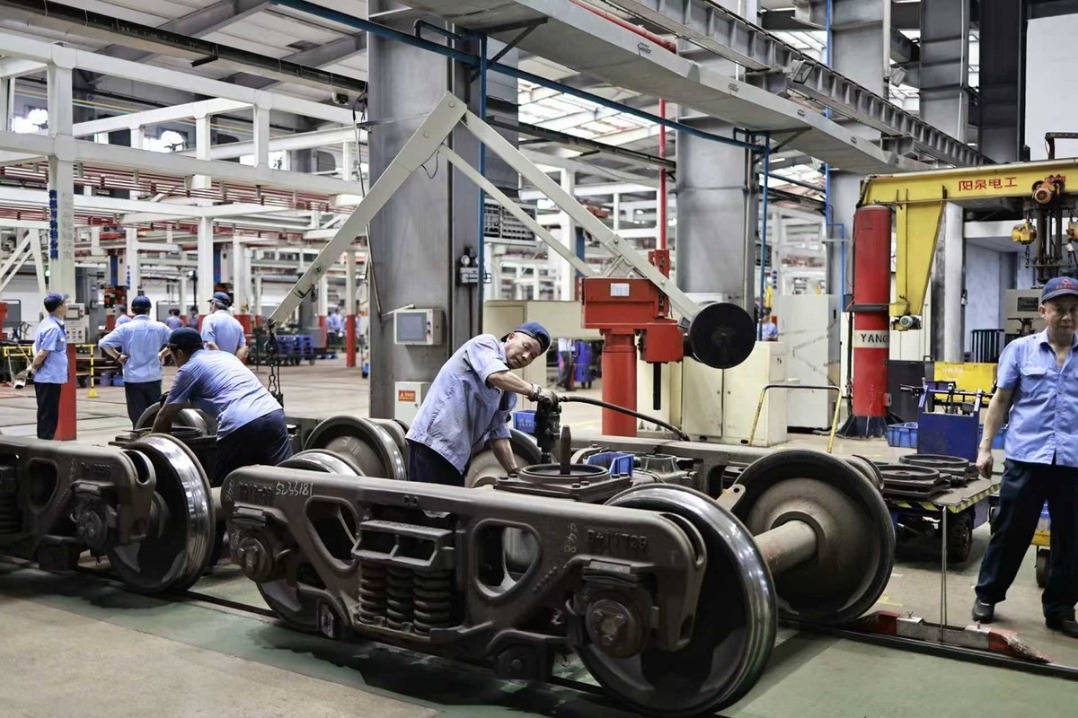A voice of Shandong University of Technology heard in Russia

A voice of the Shandong University of Technology was heard in Russia on July 30, 2025, during the strategic session of the Committee on Digital Transformation and Artificial Intelligence within Russian cross-university association SET/BSAARC (an association uniting 21 universities across Russia). The session was dedicated to an overview of industry demands for IT competencies through 2030 and was held at the south-west branch of Sberbank in Rostov-on-Don, Russia.
Dr Zhu Ming, assistant dean of the School of Computer Science and Technology at the Shandong University of Technology, gave a noteworthy commentary that was read during the strategic event and drew genuine interest from representatives of Russian universities. Below are excerpts from the session, reflecting Dr Zhu's insights:
"When considering Dr Zhu Ming's remarks, it is important to take into account the interaction of the government with industry, science and research at the university.
"Chinese experts identify artificial intelligence and big data as the foremost drivers of near-term development. Universities are rapidly launching interdisciplinary programs that combine "AI + another specialty", supported by industry-backed laboratories and interactive teaching formats.
"Looking ahead five years, Chinese colleagues emphasize three key directions for IT development: intelligent systems, scenario-based applications, and security. Crucially, all three require interdisciplinary skill sets. Employers increasingly seek professionals who can combine cross-technology integration with project execution and international collaboration.
"At the Shandong University of Technology, AI-focused education and active global partnerships have become the norm, ensuring students gain the competencies needed in modern IT fields. One notable initiative is the 'Deputy for Technology' program, which bridges education and business. Under this model, faculty members take part in corporate R&D, supervise students' applied training, and guide young researchers and developers in solving real-world industrial challenges."
As Dr Zhu Ming notes: "Today we are witnessing a shift in research cooperation — from simple exchanges to the joint creation of platforms and the shared implementation of projects — aimed at strengthening efficiency and expanding the global impact of our partnerships."
Dr Zhu's commentary was read and discussed during the strategic session of the committee. Nikita Kudinov, the chairman of the committee, noted that cooperation between the Shandong University of Technology and Russian universities would help develop a strong network for practical research within the Chinese-Russian working group on AI collaboration.
The idea of creating such a working group arose within the framework of the activities of the Subcommission on Communications and Information Technology of the Chinese-Russian Commission for the Preparation of Regular Meetings of Heads of It Government in 2024.
It is worth noting that in 2024, Don State Technical University (a SET/BSAARC member, one of southern Russia's leading universities, and a partner of the Shandong University of Technology) proposed a framework for collaboration under this Chinese-Russian working group, with a focus on:
First, building joint open databases for additional training of neural networks, including industrial data;
Second, creating joint open registries of pre-trained neural networks and localizing training pipelines for specialized neural networks;
Third, carrying out joint AI research projects.
It brings great pleasure to see China and Russia working together more closely on AI. These projects could open new areas of research and go way beyond the expectations of the brightest minds of our countries.
According to recent updates, an agreement has been recently reached between the responsible ministries of the governmental counterparts to hold the first meeting of the Chinese-Russian working group on AI cooperation before the end of this year. The main focus of the first meeting is seen to be on launching possible cooperation within exchanging experiences and best practices in the field of ethics and regulation of AI. Wishing good luck and productive results during the upcoming event!





































